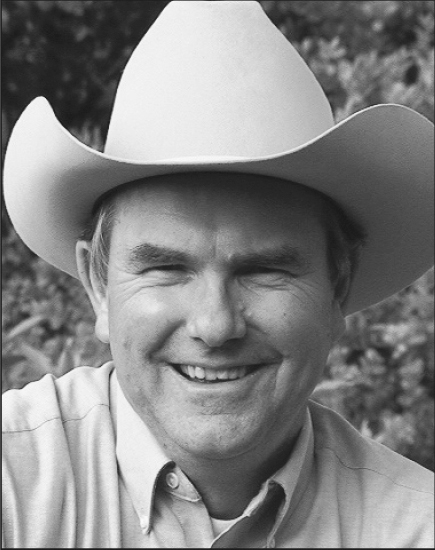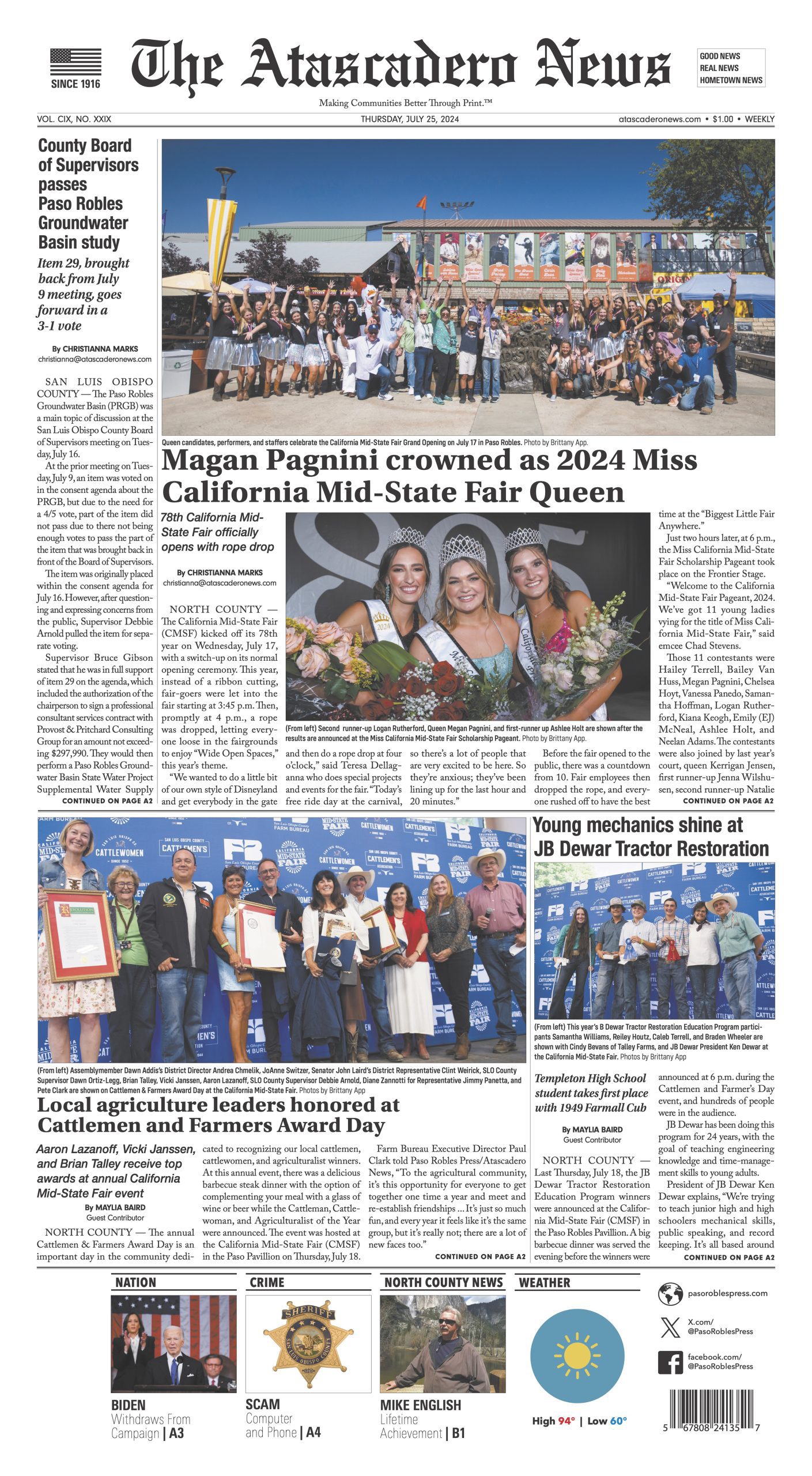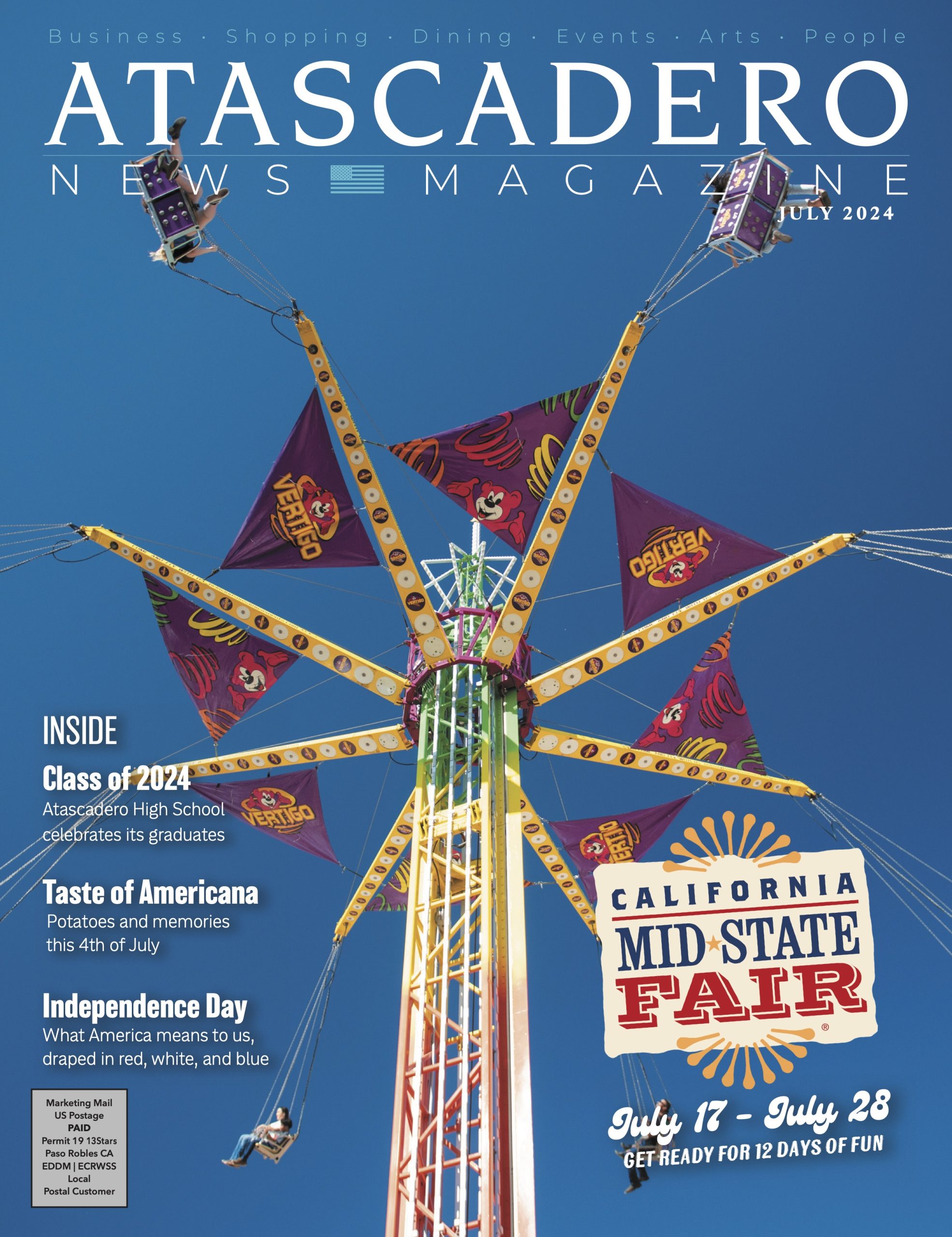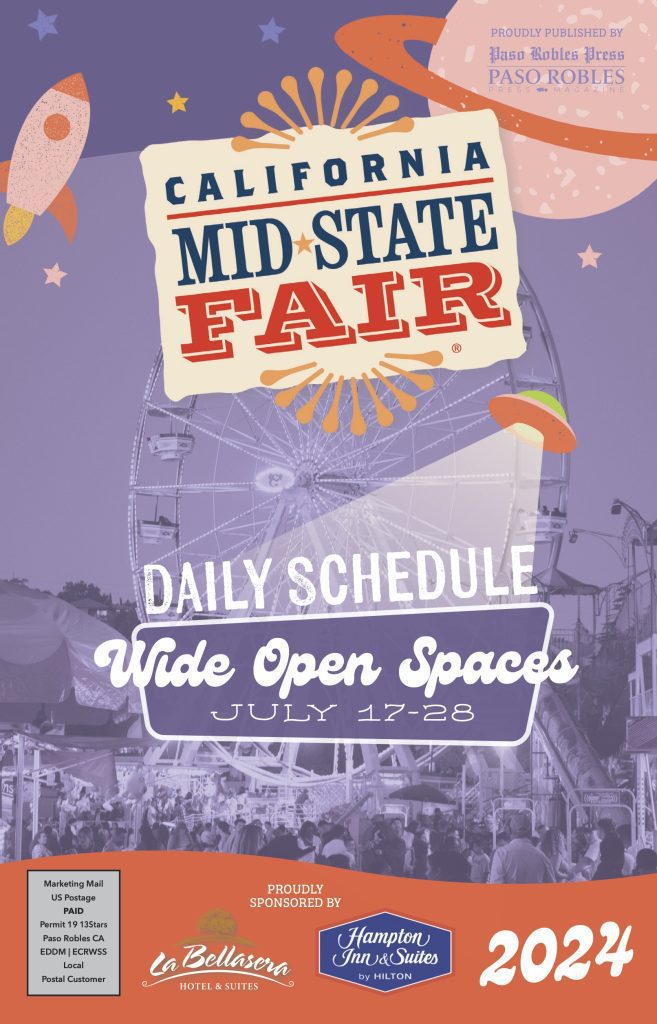
The last auction market in our county shut down a few years ago, and it was like having our collective heart ripped out. Just this year, the auction market that handled the most cattle of any sale barn in California for decades closed its doors too. When we bought a livestock newspaper that served the livestock auction industry 35 years ago, there were some 1,500 auction markets in America. Today it’s half that.
The auction market was the heart and soul of the cattle business in my area. I hope I’m not being sacrilegious when I say it was like a church. Once a week, we’d gather to see our friends who sat in the exact same seats they always sat in. If one of those seats was unoccupied, we’d all ask, Is Jim okay? Is Dick sick, or, where’s G.B.? I’ve been in some sale barns that go so far as to paint the buyer’s name on the back of the seat, and no one else ever had the nerve to sit there.
Now without an auction barn, we have no place to visit, to catch up on the gossip, or to see for ourselves how much our cattle are worth and why some are worth more than others. We’d eat at the coffee shop and solve all the world’s ills. Our county cattlemen’s group met there once a month, and many of us attended educational seminars before a sale to learn how, where, and with what to properly vaccinate our animals with. There was an annual bull sale where you could buy better bulls to improve your herd and a replacement female sale that had a wide reputation for selling quality females. We knew that we always had a place to sell an old cow or two, and if we had some extra grass, buy a few stockers. And we could pick up a check the same day we sold them!
It’s ads from auction barns that kept many livestock newspapers afloat and the money that ranchers spend in town one day a week is important to barber shops, the feed mill, the local farm supply, western wear shop, and if the check for the animals you sold was a big one, fancy restaurants.
If the sale barn was a church, its religion was price discovery. The big debate going on in the cattle business right now is how to force the packer to competitively bid on our fat cattle as the bulk of fat cattle these days are sold in secret marketing agreements with captive feedlots where we never know the price. No wonder the packers are making upwards of a thousand bucks per head for owning a beast for one week. The only reason the beef industry hasn’t gone down the same road as the pork and poultry producers is because we still have competitive bidding at auction markets and their offshoots, video livestock sales. The chicken pluckers never had auctions, and when the pork producers lost theirs, they also lost 90 percent of their producers.
I used to travel to purebred auctions with my best friend, who owned a great auction market. Owning one has to be one of the worst jobs in the world. Once a week, it’s like sleepwalking into a propeller. It’s the auction barns instead of the ranchers that take all the risk of a bad check, or a small packer or a big order buyer going broke. My friend was always on the phone trying to get more buyers, letting the ones he had to know what he had coming that week, or placating a complaining consigner. I remember one phone call where the rancher didn’t like how his two head consignment, a Holstein calf and an old cow, was sorted. Every time the old grump consigned, he called to complain afterward about the commission, the money deducted for the checkoff, or the brand inspection. Once, he told my friend, “You know, you aren’t the only auction market in the world. I’m thinking of taking my cattle to your competitor.”
My friend quickly replied, “I just happen to have his phone number. Let me get it for you.”
It’s true what they say; you never really appreciate something until you lose it. If you’re lucky enough to have a livestock auction in your county, I hope you treasure it.













